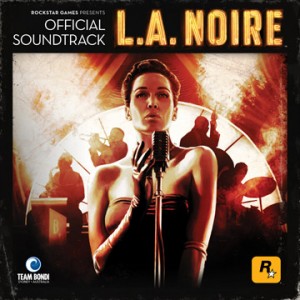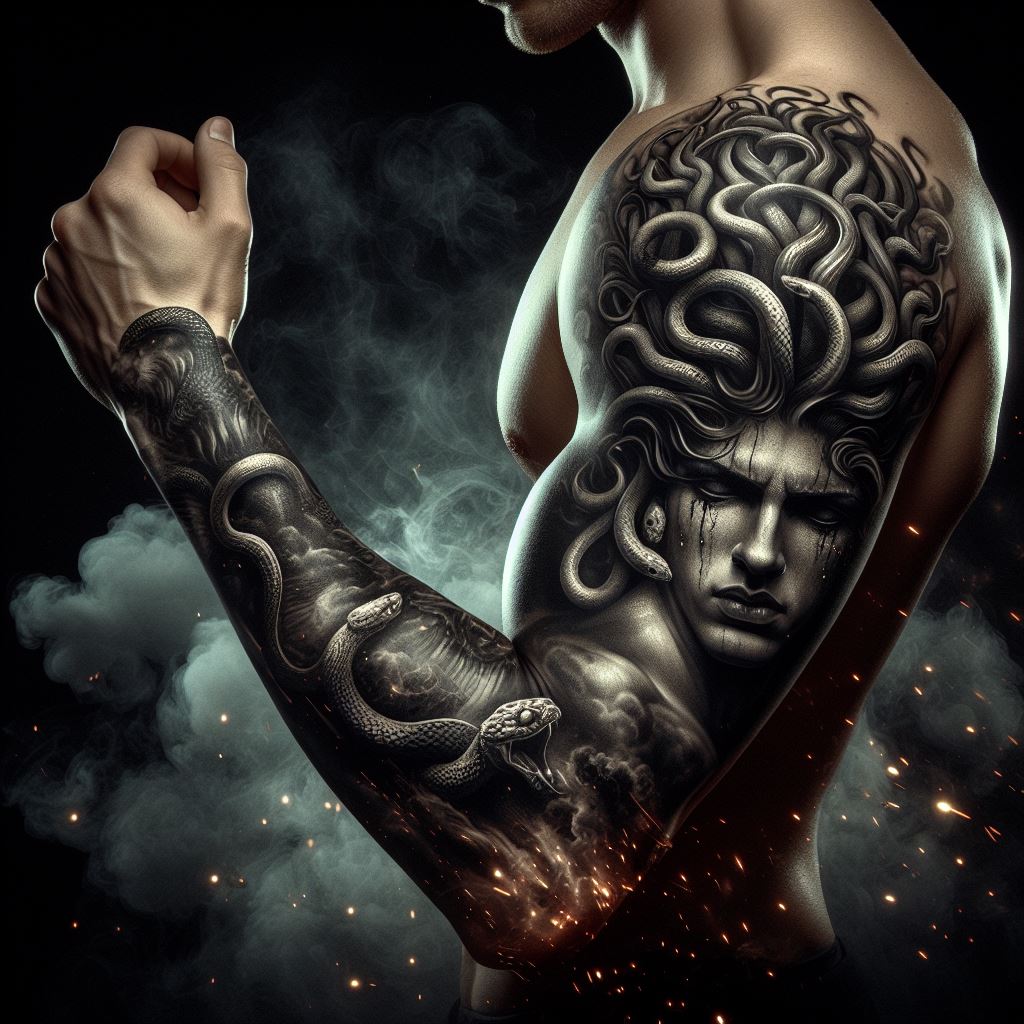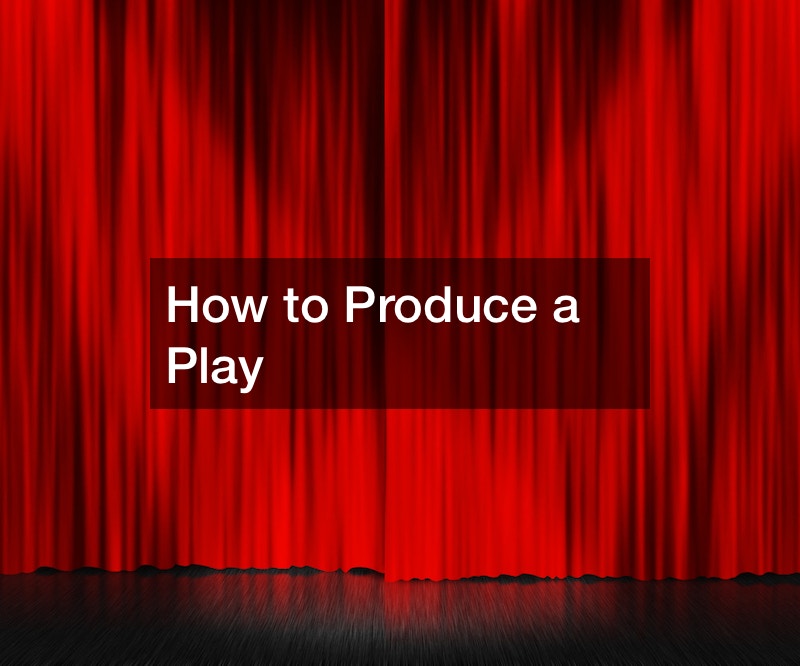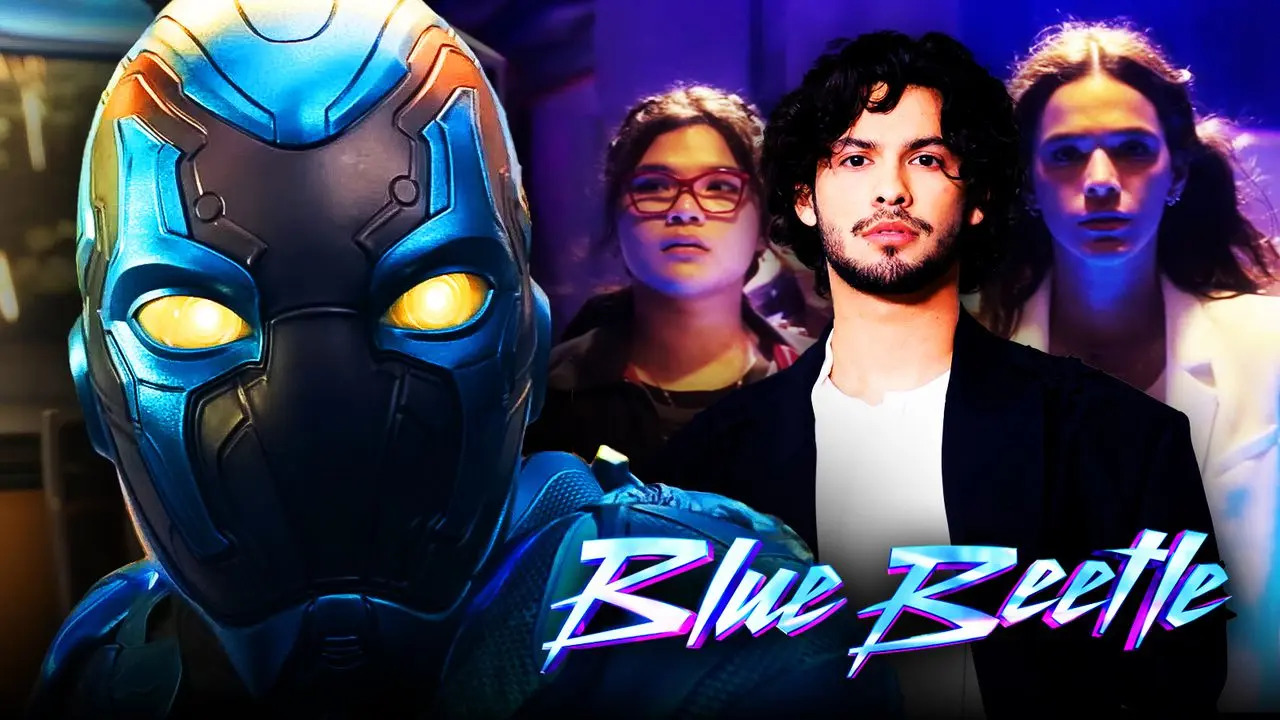The audiovisual aesthetics of video games now rival those of major motion pictures, and their soundtracks have correspondingly evolved to convey the tones and atmospheres which have allowed games to surpass blockbuster films in generating entertainment revenue for their developers. The soundtrack for L.A. Noire, composed by Sade keyboardist Andrew Hale, continues the trend of giving Hollywood scores a run for their money while also paying due respect to the hardboiled film noir classics that influenced developers Team Bondi and Rockstar Games. A hybrid of high-strung John Williams action scores and Kind of Blue period Miles Davis compositions, the game’s soundtrack transports its listeners to a more optimistic time in America when femme fatales graced smoky jazz rooms, the “Good War” was over, and cigarettes wouldn’t kill you.
The functional element of soundtracks in films and games often hinder their ability to withstand independent listening, but Hale’s compositions avoid this pitfall to provide fans of forties and fifties cool jazz with an album to drown out today’s smooth jazz elevator music. Tracks such as “New Beginning (Pt. 1)” and “Temptation (Pt. 1)” evoke an atmosphere of tension and intrigue that recalls the noir classic Double Indemnity, while the “Main Theme” of L.A. Noire slows the tempo with soft saxophone melodies and drum brushes accented by Hale’s subdued piano work and sparse xylophone notes. The middle of the soundtrack takes a turn toward a more fast-paced bebop style with songs like “J.J.,” a jarringly unpredictable homage to the improvisatory nature of the genre. The soundtrack’s most memorable piece, “Minor 9th,” sandwiches a stand-up bass solo between two trumpet melodies strung together by more of Hale’s restrained piano chords.
The bulk of the L.A. Noire soundtrack comprises instrumental pieces, but its last three tracks consist of jazz club numbers played by British jazz cabaret group The Real Tuesday Weld that incorporate the vocals of Claudia Brucken. I’m usually not partial to jazz singers, but Brucken’s renditions of Hale’s lyrical compositions bestowed a suitably enjoyable conclusion to the album. “(I Always Kill) The Things I Love” couples languid trumpet notes with charming guitar strums that serve as a background to Brucken’s wistful delivery of clever lines like “I love the chase ‘til the minute I win it/a beautiful face ‘til there’s love for me in it.” The next track, “Guilty,” lightens the mood with its tongue-in-cheek romanticizing of the justice system that inspires the gumshoe gameplay of L.A. Noire: “so lock me up and throw away the key/I don’t need no bail/if you’re the trail/just give me life and grant me no reprieve.”
If Andrew Hale’s musical contribution to the new wave of big-budget game soundtracks is sweet, it is also, unfortunately, short. Its twenty-six songs clock in at about fifty minutes of listening, and while this may be a relatively average length for an album, the fact that most of its songs don’t pass the two minute mark makes the time go by more quickly. Nevertheless, the L.A. Noire soundtrack is worth checking out – if not by playing the game itself, then at least by playing through your headphones.
By Evan Andra





